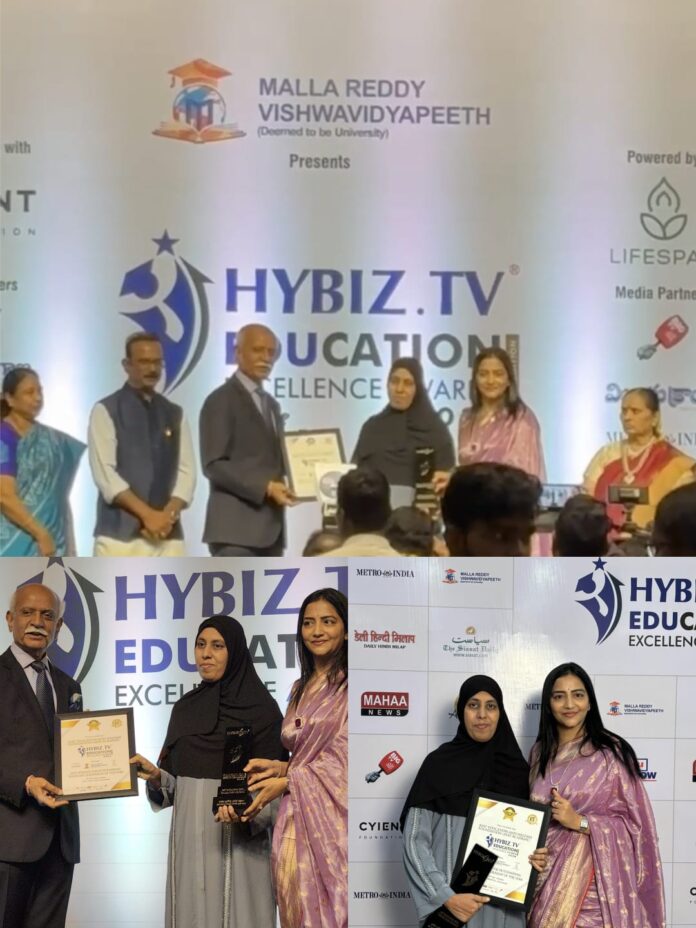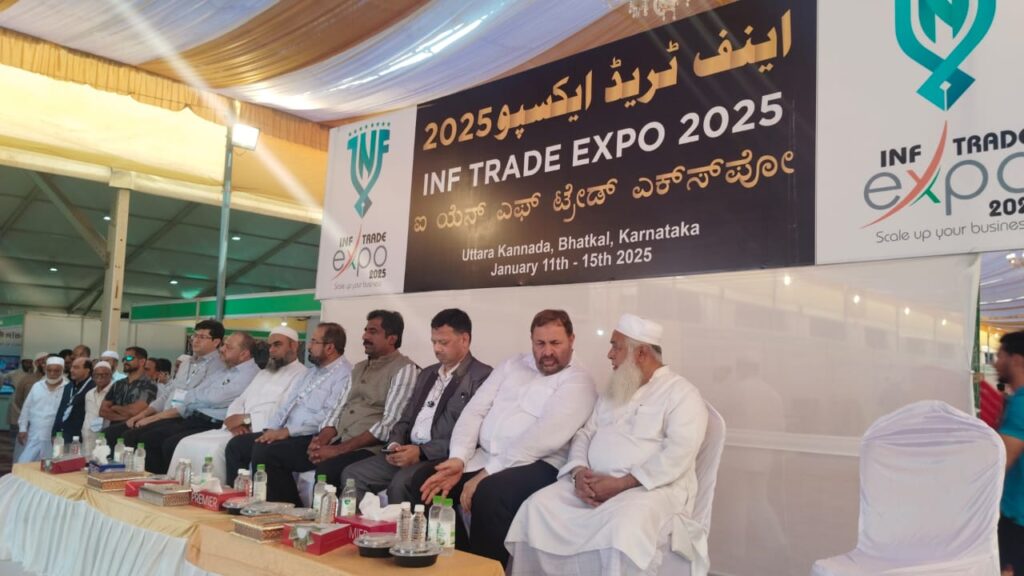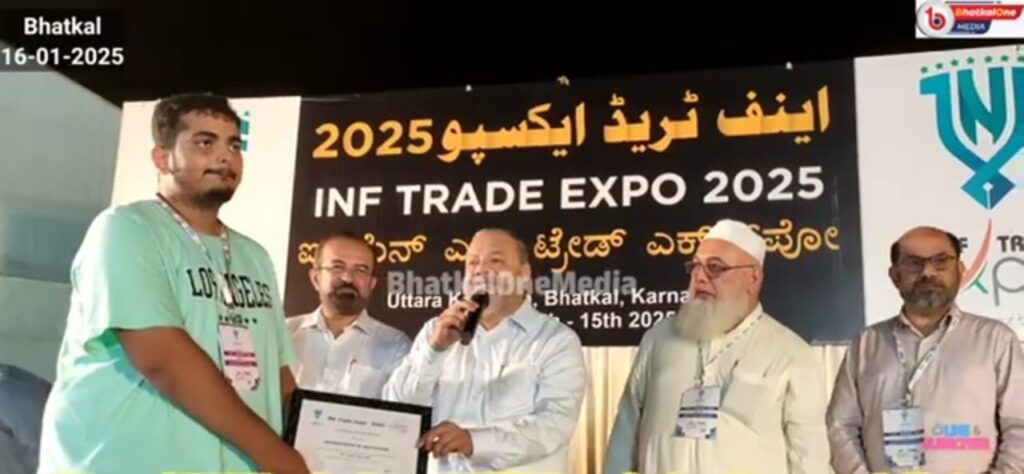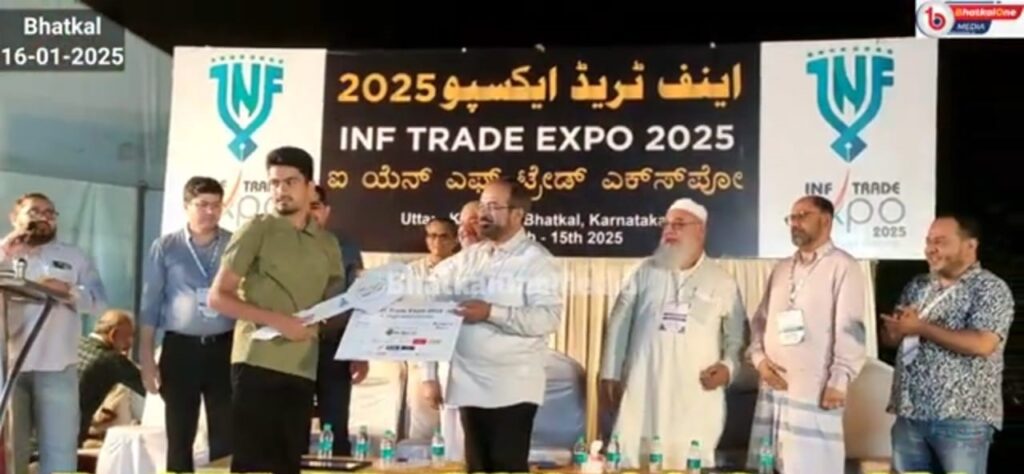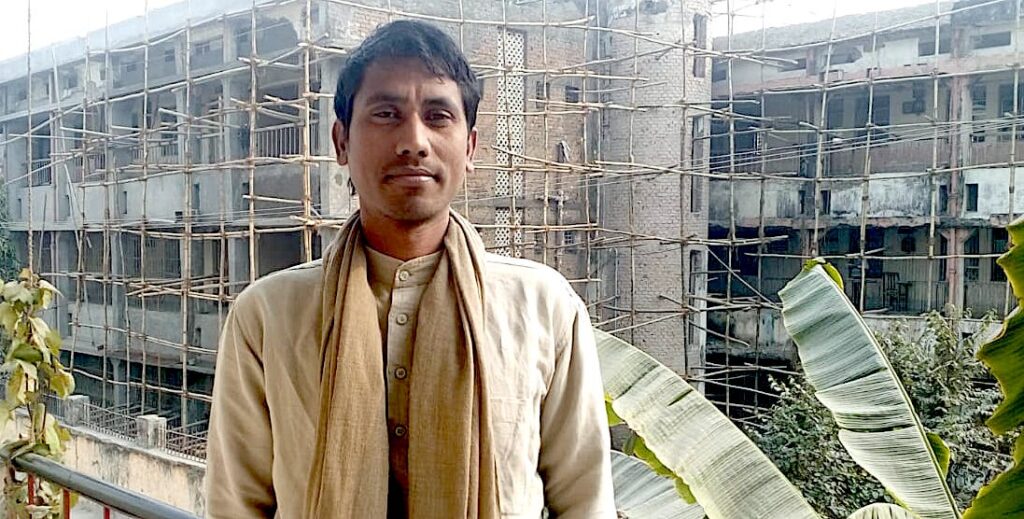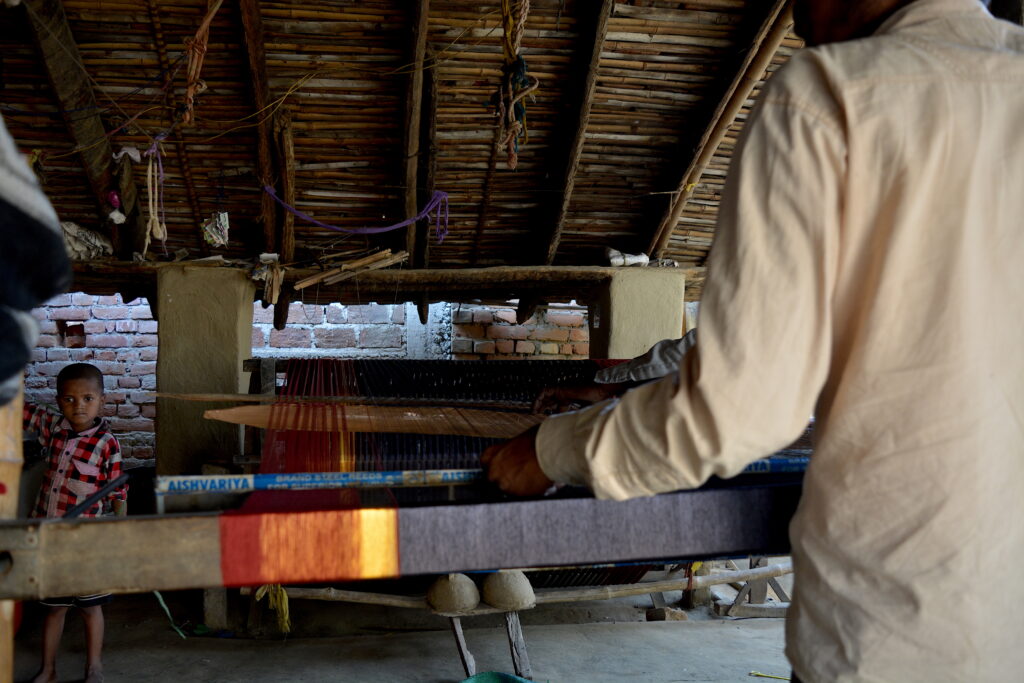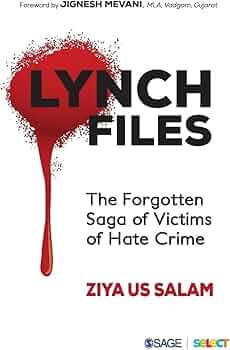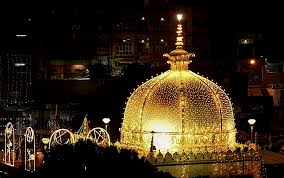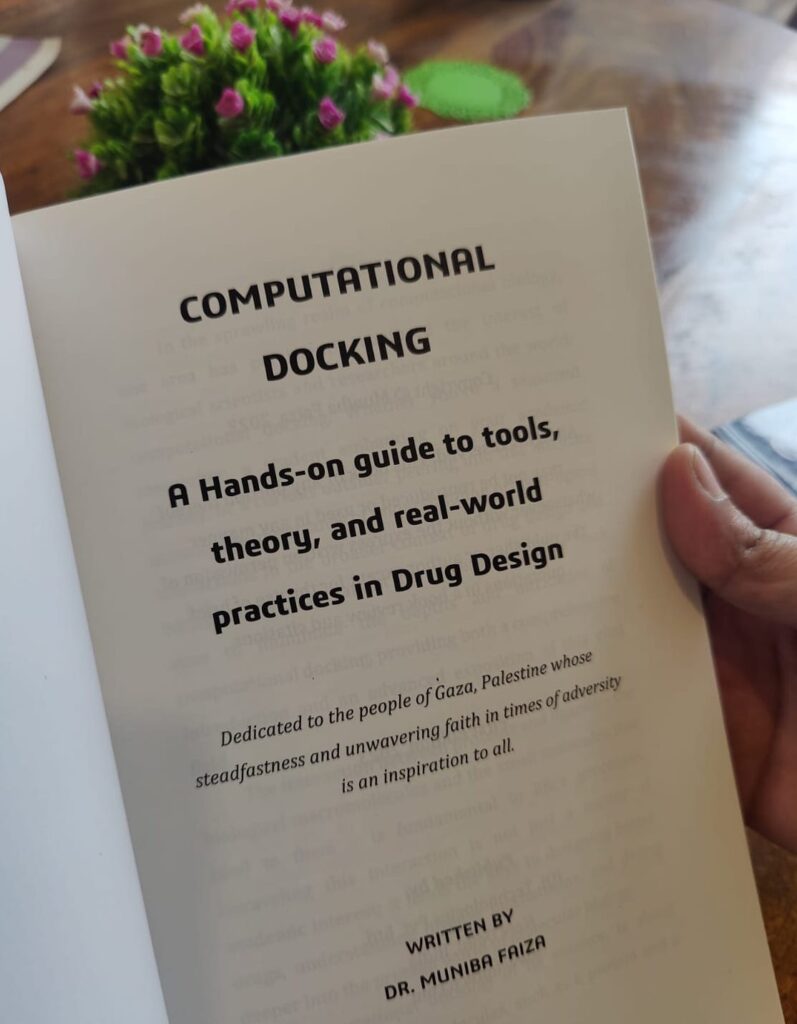NEW DELHI :
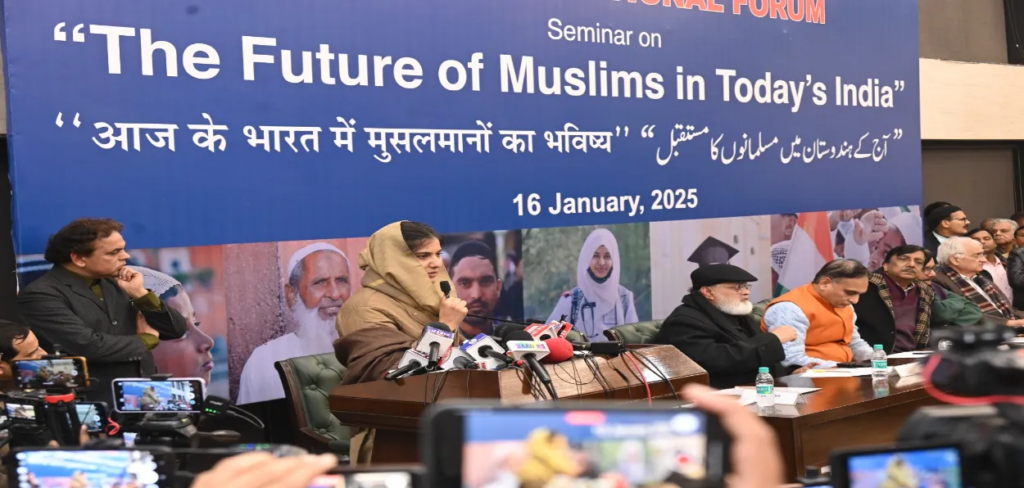
Samajwadi party MP Iqra Hassan speaking at the seminar
Iqra Hassan, the recently elected Samajwadi Party MP from Uttar Pradesh has asked the Muslims of India to solve their internal problems and boldly face attempts by “media and leaders” to make them feel inferior and push them into ghettoization.
She spoke at a seminar “The Future of Muslims in Today’s India organized by Nayi Duniya Forum.
The seminar was organized to promote dialogue among leaders from different political parties and cut across ideological differences. Most speakers supported meaningful dialogue for tangible peace and reconciliation.
RSS’s Rakesh Sinha, Manoj Jha, MP, Salman Khurshid of Congress, writer Mujeeb-ur-Rehman, and well-known journalist Hilal Ahmed were among those who spoke at the seminar. It may be mentioned that Nai Duniya is an Urdu newspaper, owned by former Samajwadi party MP Shahid Siddiqui. Siddiqui is also involved in the dialogue that a group of Muslim citizens had started with the RSS.
Iqra Hassan blamed “some leaders and media” for making Muslims feel inferior which leads to their ghettoization. “We have reached a stage where everyone wants to stay within their community, but this is a dangerous trend. We have to stop this. We have to be bold. By being bold, we have to be present everywhere from where we can better represent the nation.”
Enumerating the issues facing Muslims, she said, ”The other is an internal issue – our shortcomings, for which we need to look inside and do course correction.”
The young MP received huge applause from the audience as she said, “If the quom (Muslims) comes together to address its shortcomings and decides to take remedial steps, the situation can change. In that case, we will not face others who create a lot of noise about it.”

Rakesh Sinha of RSS speaking at the seminar
She said Muslims need to embrace education in a big way so that each wrong perception about the community can be addressed.
The MP said that there was no difference between “me and any other community, we have all experienced the same history, we are citizens of one country. We are compatriots, the hatred that is being sown among us is being done for political purposes.”
She said for this reason, there was a need for a dialogue and increased interaction among communities for the common good of all Indians.
Speaking of her experiences, Iqra Hassan said she won from the Kairana parliamentary constituency which has only 30 percent Muslims and 70 percent Hindus. “I met every community and made my point. Before the election, I was told that as long as you have to get at least 150,000 votes from non-Muslims. I reached everywhere, and every community.”
Iqra Hassan said artificial walls have been erected between communities which must be demolished.
Addressing Muslims, she said, “We will not only have to speak for ourselves but for everyone and connect people who want to protect this Ganga-Jamni civilization. We will all have to raise our voices for each other for a shared future.”
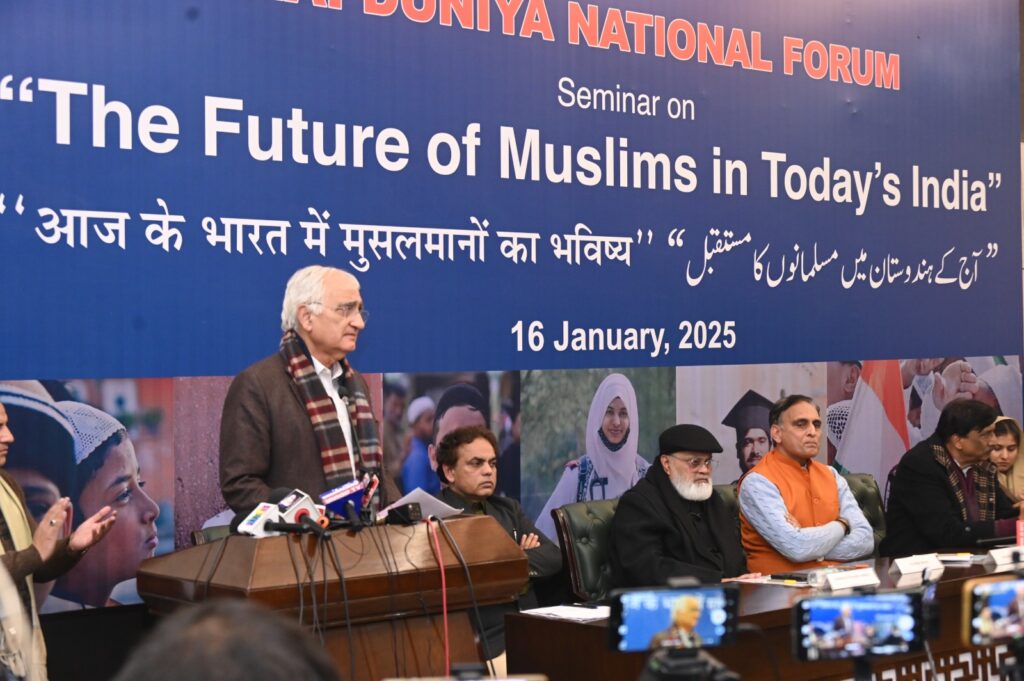
Congress leader Salman Khurshid speaking at the seminar
Shahid Siddiqui announced plans to hold a series of dialogues on important issues like education, media, and other important topics. He said there was a need for dialogue to solve the problems of Muslims in the country as this method will not only remove misunderstandings but also bridge the gaps.
Senior Congress leader Salman Khurshid said, “We have always been and will be together.” He said there is no point blaming each other for the past and present-day happenings.
Salman Khurshid said that RSS chief Mohan Bhagwat’s recent message to Hindus (they must stop looking for temples under every mosque) was a big deal. He rued the facts that Muslims don’t have leaders who can give direction to the community.
Rakesh Sinha asked the people from all sections of society to come together and engage in meaningful dialogue. He said that it is easy to talk about a multicultural society but difficult to implement it.
He said that RSS chief Mohan Bhagwat has been trying to change the narrative since 2018 and it has been appreciated by everyone. He said while dialogue is necessary. We all should have the courage to speak openly and listen to each other.
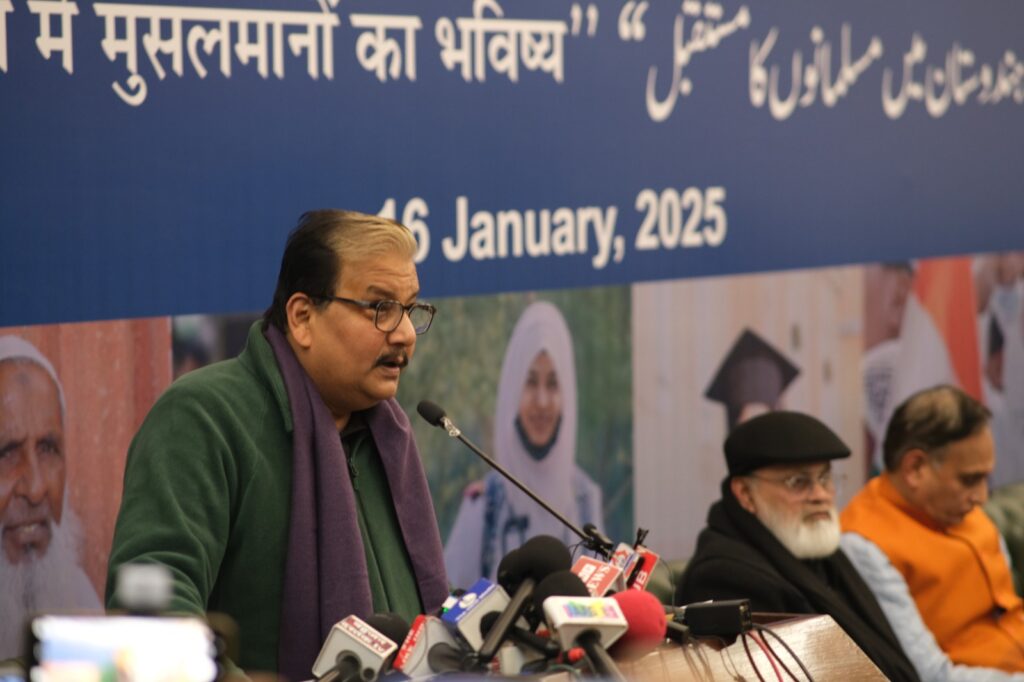
Manoj Jha, MP speaking at the seminar
He spoke about Albania, a European nation with 70 percent Muslims and 30 percent Christians, and yet its secularism is strong and there has been no clash there. “Because there is no difference in their social life. Can’t India provide this model?
Manoj Jha, Rajya Sabha member of the RJD, said that India without Muslims is unimaginable. He said the diversity of India is about myriad cultures, languages, and religions, and therefore, any block claiming its monopoly is not practical or possible.
He said he discovered that in one decade 28 books have been published about issues being faced by Muslims. This he said is proof of the importance of this topic.
He said the changing perception of Muslims is reflected in Bollywood. “After 1950, the role of Muslims in films changed. At one time Muslims were shown as chess players. A decade later, a Muslim life-giving character appeared who saved the hero. After that scene, the hero and his saviour would hug each other with a prayer in the backdrop.”
He regretted that a projection of Muslims has changed in the Hindi movies in the last decade.
Author Dr. Khwaja Iftikhar Ahmed said that in 75 years, instead of a resolution, the Hindu-Muslim equation had become complicated.
Criticizing the approach of Muslims, Khwaja Iftikhar Ahmed said that it is unfortunate that “we did not understand the mood of this country. While converting Muslims to Islam, we taught the majority to become Hindus.”
Criticizing the political thinking of Muslims, he said, “We complain that BJP does not give tickets to Muslims, but when they give it, we are told not to make the candidate successful.”
Hilal Ahmed of CSDS referred to the surveys conducted by CSDS and Pew Research Center during the last decade. He said, “For 10 years, we have asked people a question – does India belong only to Hindus? So 90% of the respondents still believe that India belongs to all its citizens, not just Hindus.”
source: http://www.awazthevoice.in / Awaz, The Voice / Home> Story / by Mansooruddin Faridi, New Delhi / January 18th, 2025
